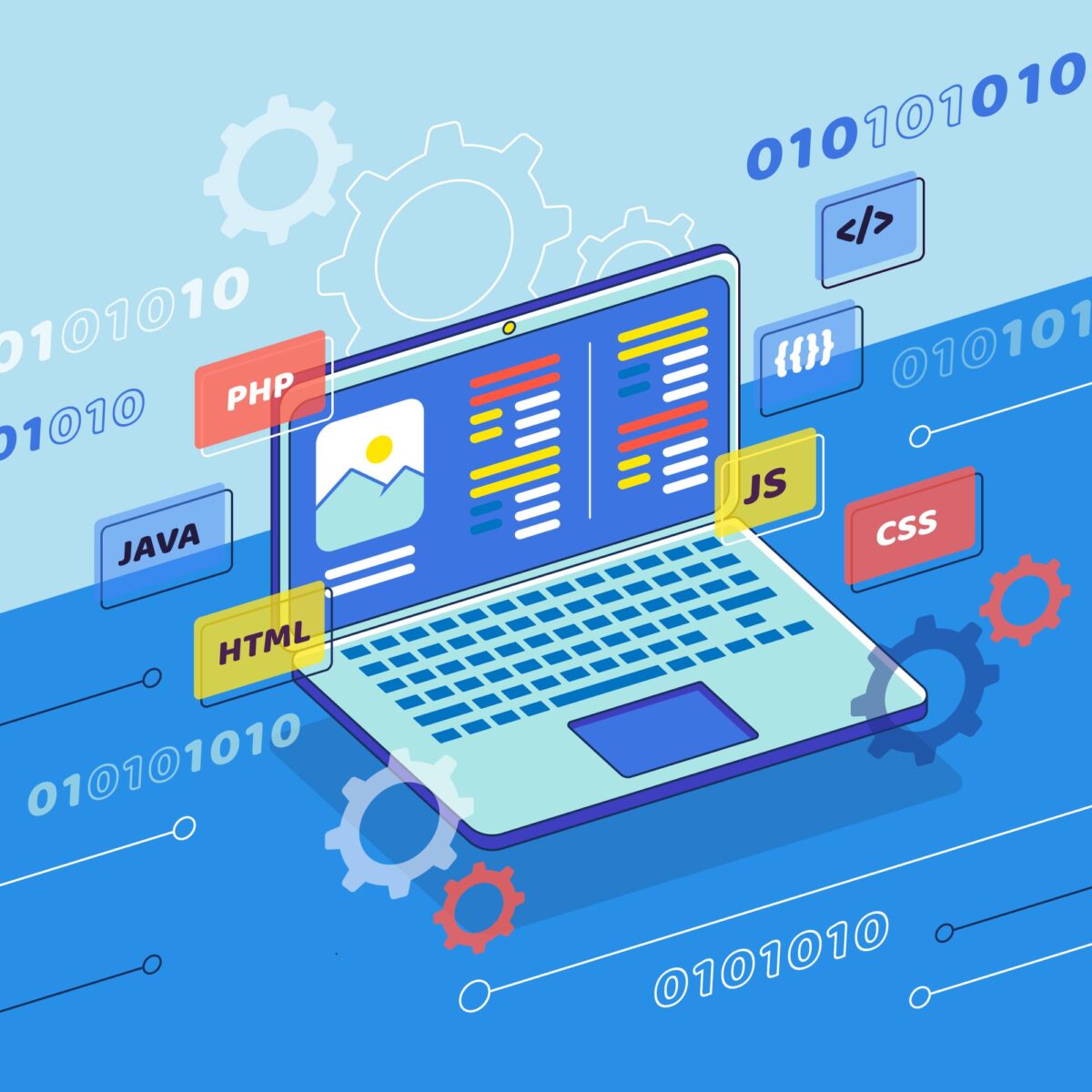Unleashing Innovation: The Role of a Software Application Developer

In the fast-paced world of technology, software application developers play a vital role in driving innovation, creating digital solutions, and transforming businesses across industries. These skilled professionals are responsible for designing, developing, testing, and maintaining software applications that meet specific user needs and business objectives. In this comprehensive guide, we will explore the realm of software application developers, delve into their roles and responsibilities, discuss key skills and technologies, highlight career paths and opportunities, and showcase the impact of software development on modern society.
Roles and Responsibilities of Software Application Developers:
Software application developers are involved in various stages of the software development lifecycle (SDLC). Their responsibilities include:
- Gathering Requirements: Collaborating with stakeholders to understand project goals, user needs, and functional requirements.
- Designing Solutions: Creating technical specifications, architecture diagrams, and user interface (UI) designs based on project requirements.
- Coding and Development: Writing clean, efficient code using programming languages such as Java, Python, JavaScript, C#, or Swift, depending on the platform and project requirements.
- Testing and Debugging: Conduct unit tests, integration tests, and quality assurance (QA) to ensure software reliability, functionality, and performance.
- Deployment and Maintenance: Deploy software applications to production environments, monitoring performance, troubleshooting issues, and providing ongoing support and updates.
Key Skills and Technologies
Software application developers require a blend of technical skills, soft skills, and domain knowledge. Key skills and technologies include:
- Programming Languages: Proficiency in languages like Java, Python, JavaScript, C#, Swift, or others based on project requirements.
- Development Frameworks/Libraries: Familiarity with frameworks such as React, Angular, Spring Boot, Django, or .NET for efficient development and code reuse.
- Database Management: Knowledge of relational databases (e.g., MySQL, PostgreSQL) or NoSQL databases (e.g., MongoDB, Cassandra) for data storage and retrieval.
- Version Control Systems: Experience with Git, SVN, or other version control systems for code collaboration and management.
- Problem-Solving and Analytical Skills: Ability to analyze complex problems, design effective solutions, and troubleshoot issues efficiently.
- Communication and Teamwork: Strong communication skills to collaborate with cross-functional teams, understand client requirements, and provide updates and documentation.
Career Paths and Opportunities
Software application developers can pursue various career paths based on their interests, skills, and experience levels:
- Front-End Developer: Focuses on creating user interfaces (UI) and user experiences (UX) using HTML, CSS, and JavaScript for web applications or mobile apps.
- Back-End Developer: Specializes in server-side development, database management, and business logic implementation using frameworks like Node.js, Django, or .NET.
- Full-Stack Developer: Combines front-end and back-end development skills to work on both client-side and server-side aspects of applications.
- Mobile App Developer: Develops mobile applications for iOS or Android platforms using languages like Swift, Kotlin, or React Native.
- Software Architect: Designs overall system architecture, defines technical standards, and guides development teams in building scalable and robust solutions.
- DevOps Engineer: Focuses on automating deployment, testing, and infrastructure management using tools like Docker, Kubernetes, Jenkins, and cloud platforms like AWS, Azure, or Google Cloud.
Impact of Software Development on Modern Society
Software development has a profound impact on modern society, influencing various aspects of daily life, business operations, and global connectivity. Software applications power industries such as healthcare, finance, education, entertainment, transportation, and more. They enable remote collaboration, online learning, digital entertainment streaming, e-commerce transactions, healthcare diagnostics, financial services, and smart technologies like IoT devices, autonomous vehicles, and renewable energy systems. Software developers contribute to technological advancements, digital transformation initiatives, and societal progress by creating innovative solutions that address complex challenges and improve quality of life.
Future Trends and Innovations
The field of software development is constantly evolving, driven by emerging technologies, trends, and innovations. Some notable trends shaping the future of software development include:
- Artificial Intelligence (AI) and Machine Learning (ML): Integrating AI/ML algorithms into applications for automation, predictive analytics, natural language processing (NLP), and personalized experiences.
- Internet of Things (IoT): Developing software for IoT devices, smart sensors, and connected systems that enable data collection, analysis, and automation in various industries.
- Cloud Computing: Leveraging cloud platforms for scalable, on-demand computing resources, storage, and deployment of software applications.
- Edge Computing: Processing data closer to the source (edge devices) for real-time analytics, low latency, and improved performance in distributed systems.
- Blockchain Technology: Implementing blockchain for secure transactions, decentralized applications (dApps), digital identities, and transparent supply chain management.
Conclusion
Software application developers play a pivotal role in driving technological innovation, creating digital solutions, and shaping the future of industries and societies worldwide. Their expertise, creativity, and problem-solving skills are instrumental in developing software applications that meet evolving user needs, address complex challenges, and unlock new opportunities for businesses and organizations. As technology continues to advance, software developers will continue to play a crucial role in driving digital transformation, innovation, and progress across sectors, making a lasting impact on the world we live in. This impact is particularly evident in the realm of front end app development, where developers focus on creating engaging and intuitive user interfaces that enhance user experiences and drive user engagement






